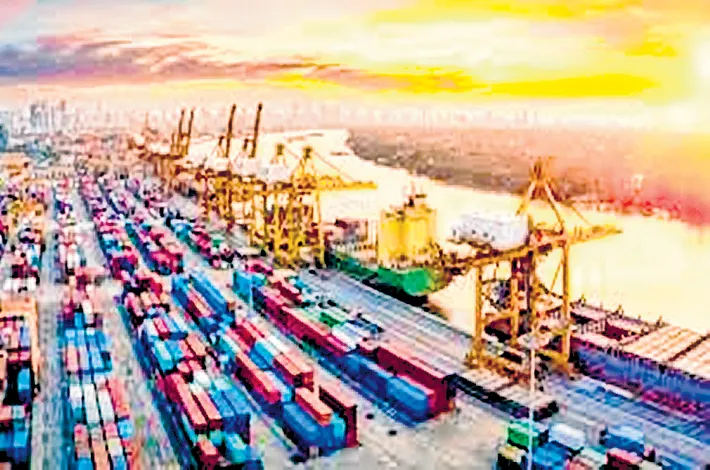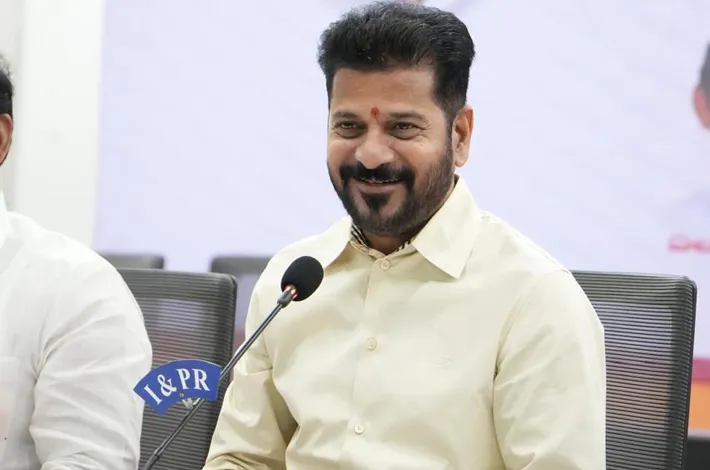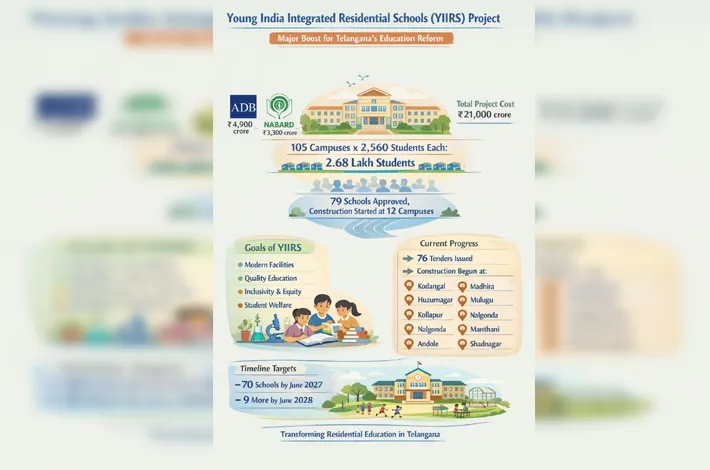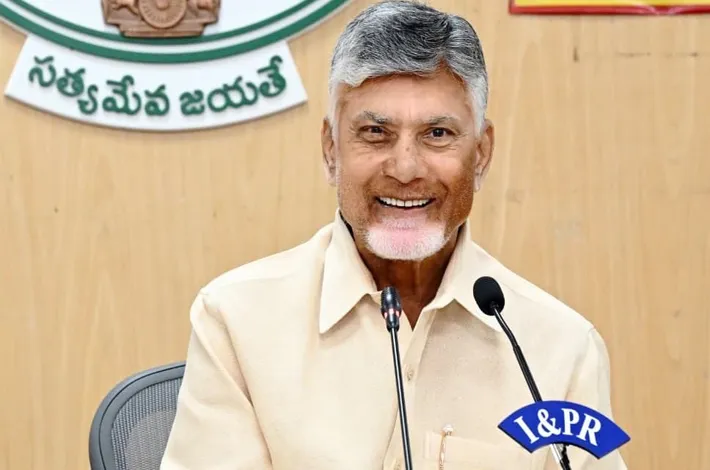Export promotion mission hinges on clear guidelines, funding: GTRI
14-11-2025 12:00:00 AM

Business Desk mumbai
Think tank Global Trade Research Initiative (GTRI) on Thursday said the successful rollout of the Export Promotion Mission (EPM), approved by the government, will depend on swift issuance of detailed guidelines, adequate funding, and building strong coordination mechanisms. GTRI said that while the Cabinet’s approval of the Rs 25,060-crore EPM is a step forward, the initiative still faces significant implementation hurdles and funding constraints.
The government on Wednesday approved two schemes worth Rs 45,060 crore to help exporters tide over the impact of high tariffs imposed by the US on Indian shipments. The Rs 25,060-crore EPM seeks to strengthen export competitiveness, particularly for MSMEs, first-time exporters, and labour-intensive sectors. The second scheme, credit guarantee scheme for exporters, will ensure up to Rs 20,000 crore collateral-free credit support to exporters.
India’s current challenge began when the US introduced a 25% “Russian oil” tariff on Indian exports on July 31, 2025, accusing New Delhi of “fueling the war” by purchasing discounted Russian crude. When the tariff took effect on August 28, total US duties on Indian goods doubled to 50%, leading to a 37% fall in exports between May and September. “The Mission is a welcome step, but its success will depend on quickly issuing detailed guidelines, ensuring adequate funding, and building strong coordination mechanisms,” said GTRI Founder Ajay Srivastava.
The mission aimed at creating a single framework for boosting India’s export competitiveness remains only a broad outline. The EPM will operate through two pillars, first, Niryat Protsahan (Rs 10,401 crore), designed to make trade finance cheaper for MSMEs through interest support, export factoring, collateral guarantees, credit enhancement, and credit cards for e-commerce exporters. Priority will be given to sectors impacted by global tariff hikes, including textiles, leather, gems and jewellery, engineering goods, and marine products, news agencies reported quoting the think tank.
Secondly, Niryat Disha (Rs 14,659 crore) to provide non-financial support such as help with export quality and compliance, better branding and packaging, participation in international trade fairs, export warehousing, logistics support, and inland transport reimbursements. Exporters had urged the government to respond swiftly. Priority measures include enhanced interest-equalisation support to lower financing costs, faster duty remission to ease liquidity pressure, and emergency credit lines for MSME exporters.
India’s current challenge began when the US introduced a 25% “Russian oil” tariff on Indian exports on July 31, 2025, accusing New Delhi of “fueling the war” by purchasing discounted Russian crude. When the tariff took effect on August 28, total US duties on Indian goods doubled to 50%, leading to a 37% fall in exports between May and September.








